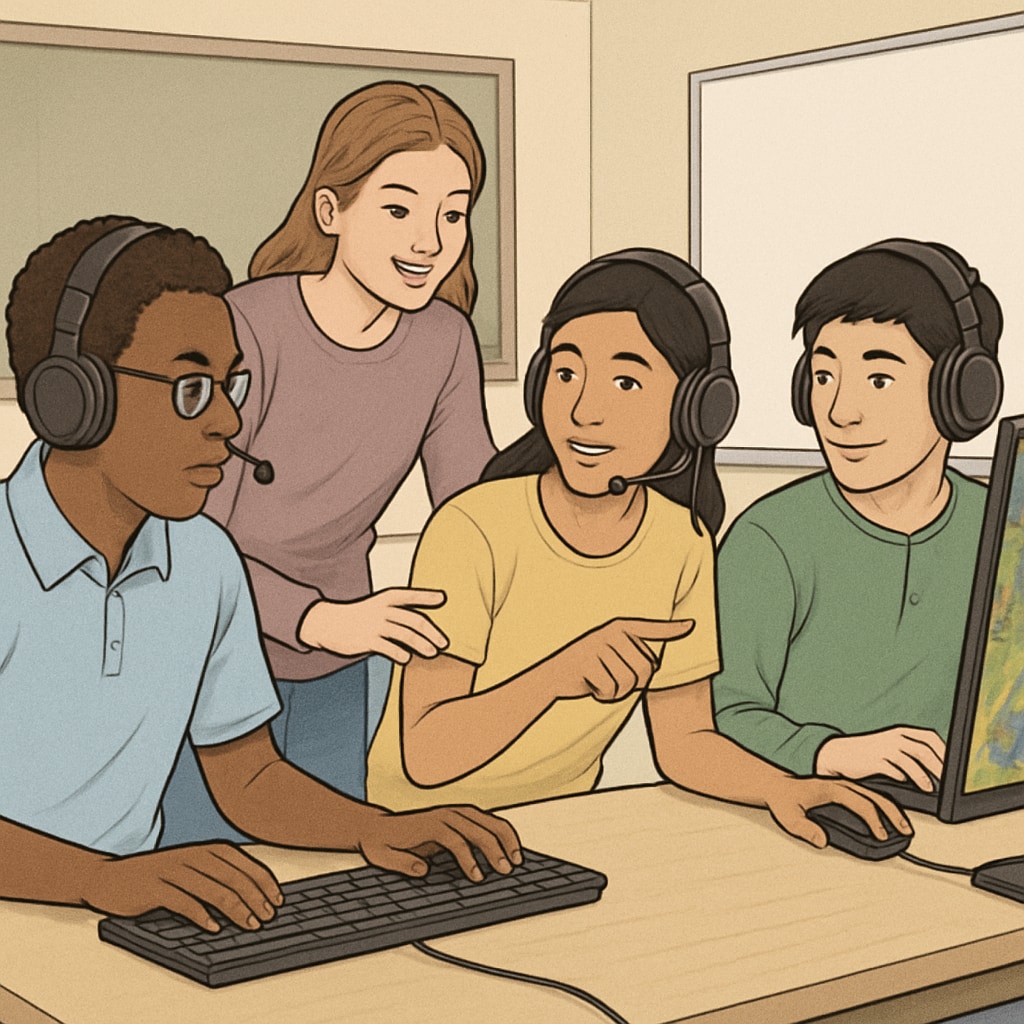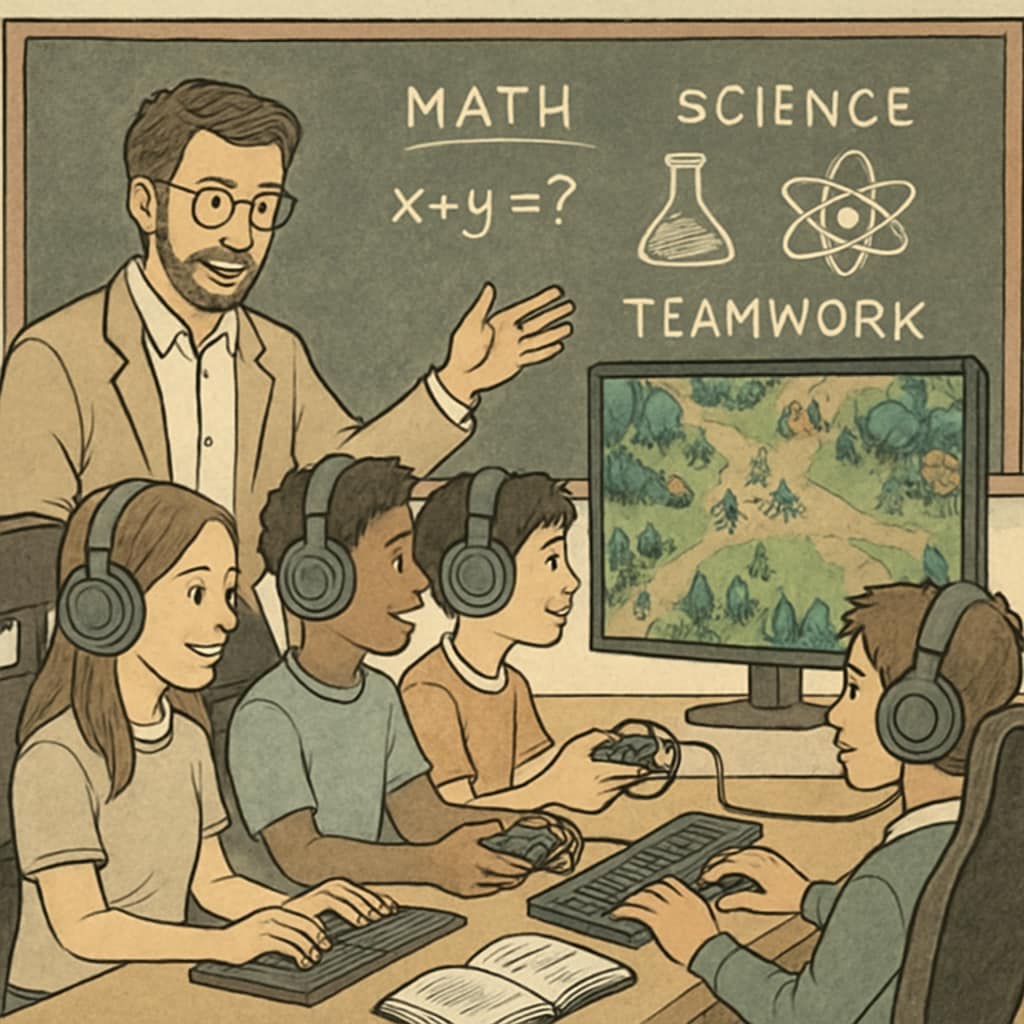The integration of esports, game-based learning, and education innovation is reshaping how students interact with traditional academic content. The recent partnership between GameClass and the North America Scholastic Esports Federation (NASEF) exemplifies this shift, bringing game-based learning to over 9,000 esports clubs worldwide. This collaboration is designed to enhance student engagement and link core subjects, such as mathematics, science, and language arts, with the growing popularity of esports. As a result, this fusion offers a unique and dynamic pathway for K12 education to evolve in the digital age.
How Esports and Game-Based Learning Transform Education
Esports, short for electronic sports, refers to competitive video gaming, which has gained significant popularity among younger generations. When combined with game-based learning—a method that uses game elements to teach skills and concepts—esports becomes a powerful educational tool. This approach not only captures students’ attention but also creates an immersive learning experience.
For example, through esports, students can develop critical thinking, teamwork, and communication skills. These soft skills are essential for success in both academic and professional settings. Additionally, educators can integrate core subjects into the gaming curriculum. A math teacher, for instance, might use game statistics to teach probability, while an English instructor could analyze narratives within game storylines to enhance literacy skills.

The Role of NASEF and GameClass in Educational Innovation
The collaboration between GameClass and NASEF is a significant milestone in the field of education technology. NASEF, known for its commitment to promoting scholastic esports, provides a structured platform that aligns gaming activities with educational goals. By leveraging GameClass’s expertise in game-based learning, the partnership creates a comprehensive framework for integrating esports into K12 curricula.
This initiative focuses on accessibility and inclusivity, ensuring that students from diverse backgrounds can participate. Moreover, the program incorporates professional development for teachers, equipping them with the tools and knowledge needed to effectively implement game-based learning strategies. This dual focus on students and educators ensures the program’s sustainability and long-term impact.

Benefits of Integrating Esports into K12 Education
The integration of esports into education offers numerous advantages, including:
- Enhanced Engagement: Esports captures students’ interests, making learning more interactive and enjoyable.
- Skill Development: Students build essential skills such as problem-solving, collaboration, and leadership.
- Academic Connections: Core subjects like math, science, and language arts can be taught through the context of gaming.
- Career Pathways: Exposure to the esports industry opens opportunities in fields like game design, marketing, and technology.
- Inclusivity: Esports programs can be tailored to accommodate students with varying abilities and interests.
These benefits align with the goals of 21st-century education, which emphasize personalized learning and the development of transferable skills.
Addressing Challenges and Looking Ahead
While the integration of esports and education is promising, it is not without challenges. Concerns about screen time, the potential for gaming addiction, and ensuring equitable access to resources must be addressed. Programs like the one developed by GameClass and NASEF are actively working to mitigate these issues through structured schedules, parental involvement, and the provision of affordable resources.
Looking ahead, the future of esports in education appears bright. As technology continues to evolve, so too will the opportunities to create engaging, inclusive, and impactful learning environments. By leveraging the popularity of esports, educators can bridge the gap between traditional teaching methods and the digital interests of today’s students.
In conclusion: The partnership between GameClass and NASEF represents a pivotal moment in the evolution of K12 education. By combining the excitement of esports with the principles of game-based learning, this initiative not only fosters student engagement but also prepares young learners for the demands of the modern world. The future of education may very well lie in the innovative fusion of gaming and learning.


